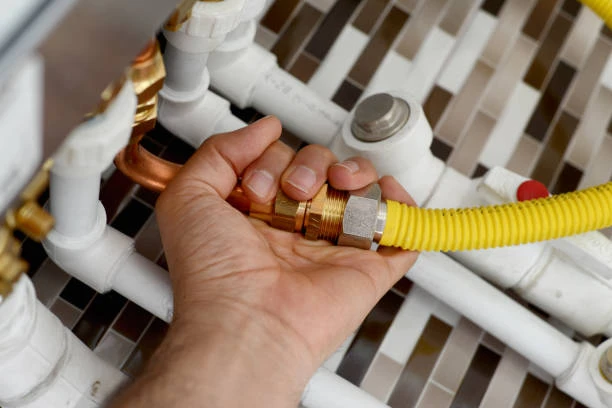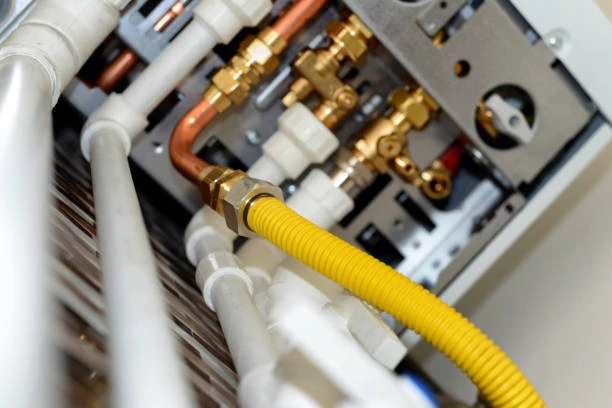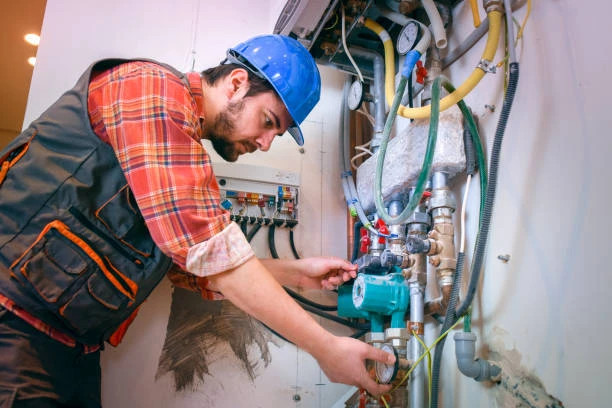Checklist for Regular Faucet Maintenance
Maintaining your faucet regularly not only ensures smooth water flow but also extends the life of your plumbing system. Whether you are using a plastic faucet water tap or a traditional brass valve, a consistent maintenance routine helps prevent leaks, reduce water waste, and improve hygiene. This guide provides a complete checklist for faucet maintenance, answers to frequently asked questions, technical comparisons, and expert insights to help you choose and care for the right tap—whether in residential or commercial use.
Frequently Asked Questions (FAQ)
1. How often should I check my faucet?
It’s best to inspect your faucet every three to six months. Regular checks can detect early signs of leakage, corrosion, or malfunction.
2. Can plastic faucet water taps be used with hot water?
Some plastic faucets, especially those made from CPVC or high-grade polymers, can handle warm water. However, basic PVC taps are generally recommended for cold water applications.
3. What causes a faucet to drip continuously?
A dripping faucet is often caused by worn-out washers, damaged O-rings, or loose connections. In plastic taps, overtightening can also lead to cracking and leaks.
4. Are plastic faucets durable?
Yes, high-quality plastic faucets are durable for low to medium water pressure applications. They are resistant to rust and ideal for many household uses.
5. Do I need professional help to replace a faucet?
Simple replacements, especially for plastic taps, can be done without a plumber. But if you’re unfamiliar with pipe connections or dealing with high-pressure systems, professional help is recommended.
Brass Valves: Definition and Key Characteristics
Brass valves are mechanical devices used to control the flow of water, made primarily from a copper-zinc alloy. They are widely used in both residential and industrial water systems due to their strength and resilience.
Main Features of Brass Valves:
High Durability: Withstands frequent use and mechanical stress.
Excellent Heat Resistance: Suitable for hot water and steam lines.
Corrosion-Resistant: Less likely to degrade in extreme water conditions.
Leak-Proof Sealing: Engineered for precision and tight shut-off.
Heavy-Duty Usage: Ideal for long-term or high-pressure installations.
Brass valves offer superior strength compared to plastic models, making them ideal in environments where reliability is critical.
Common Applications and Use Cases
Faucets, whether brass or plastic, are used in a variety of settings. Understanding where and how each type is used helps you make better decisions.
Plastic Faucet Water Tap Applications:
Household Sinks: Common in bathrooms and utility areas for handwashing or cleaning.
Outdoor Use: Rust-resistant and ideal for garden taps or outdoor washing.
Temporary Structures: Used in mobile homes, construction sites, and portable cabins.
Agricultural Settings: Suitable for light irrigation and animal washing stations.
Brass Valve Applications:
Municipal Water Supply: Reliable in long-term infrastructure.
Commercial Kitchens: Tolerates high temperatures and heavy usage.
Factories & Plants: Essential for controlling water, gas, and steam flow.
Medical Facilities: Preferred for cleanliness and durable operation.
Buying Guide: How to Choose the Right Faucet
Choosing the right faucet involves several considerations, especially when selecting between plastic and metal materials.
1. Material Type
Plastic: Lightweight, corrosion-resistant, and affordable. Ideal for basic use.
Brass: Heavy-duty and long-lasting, suitable for demanding environments.
2. Color and Finish
Plastic taps come in various colors like white, gray, black, and even decorative patterns. Choose a finish that complements your interior design or outdoor aesthetic.
3. Water Pressure Compatibility
Always check the pressure rating. Most plastic faucets are rated for low to moderate water pressure. Brass valves are more suitable for high-pressure systems.
4. Certifications
Look for certifications such as ISO, NSF, or CE to ensure the faucet meets safety and health standards.
5. Ease of Maintenance
Choose models with replaceable parts, like cartridges or washers, to make future maintenance simple.
Installation Tips
Correct installation ensures optimal performance and prevents leaks. Whether you’re installing a plastic faucet water tap or a brass valve, following proper procedures is crucial.
Before Installation:
Turn off the main water supply.
Gather all necessary tools such as a wrench, PTFE tape, screwdriver, and a clean cloth.
Inspect the faucet and pipe threads for defects or debris.
During Installation:
Use PTFE tape on threaded joints to prevent leaks.
Avoid overtightening plastic parts to prevent cracks.
Make sure the faucet is level and correctly aligned.
After Installation:
Slowly turn the water back on and observe for leaks.
Test the faucet function and check water flow.
Clean the area and secure all fittings.
A careful installation helps you avoid future repairs and water damage.
Brass Valves vs. Plastic Valves: A Comparison Table
| Feature | Brass Valve | Plastic Faucet Water Tap |
|---|---|---|
| Durability | High – ideal for frequent use | Moderate – suitable for low-pressure use |
| Corrosion Resistance | Excellent | Very good, especially against rust |
| Heat Tolerance | High – works well with hot water | Limited – use only for cold to warm water |
| Weight | Heavy | Lightweight |
| Cost | More expensive | More affordable |
| Lifespan | 15–20 years | 5–10 years (with proper care) |
| Installation | Requires tools and fittings | Easier to install |
| Applications | Industrial, commercial, high-pressure | Residential, light use |
| Maintenance Needs | Less frequent, durable parts | May need more frequent replacement |
Understanding this comparison helps you choose the right valve or faucet for your specific situation.
Summary
Regular faucet maintenance is a simple yet essential part of plumbing care. Whether you’re using a plastic faucet water tap in a garden or a brass valve in a kitchen, the principles remain the same—inspect regularly, clean parts, replace worn components, and follow correct installation practices. By choosing the right product, using certified components, and following a maintenance routine, you ensure long-term efficiency and water savings.
Connect
IFAN is a trusted Chinese manufacturer with over 30 years of experience producing plastic pipes, fittings, and valves. If you are interested in high-quality plastic faucet water tap products, copper valves, or complete piping systems, IFAN is your reliable partner.
We offer cost-effective, certified plumbing solutions tailored to your needs.
All products are available in a variety of sizes, colors, and connection types.
Feel free to contact us for product catalogs, technical support, or order inquiries.
- For more information,pls visit our webside https://waterpipefitting.com/
Pls Mailto: [email protected]
Whatsapp: +86 15088288323
We will respond to your email or fax within 24 hours. For any questions about our production or products, you may also call us directly.
IFAN Products International Standards
At IFAN, we take quality seriously. All our products comply with globally recognized standards to ensure safety, performance, and compatibility.
Our certifications and compliance include:
ISO 15874, EN 15874, ASTM F2389, DIN 8077/8078, GB/T 18742, NBR 15884, ISO 15494, EN ISO 15494, GB/T 19472, NBR 15494, ASTM 2846 (501), DIN 8079/8080 (502), ASTM F441/F441M SCH80 (503), DIN (504), DIN (505), GB/T 18993, AS/NZS 1477, CSA B137.6, NSF/ANSI 14, TIS 17-2532/1131-2535, BS 3505, BS 4346 (801), ASTM D1785 SCH40 (802), ASTM D1785 SCH80 (803), DIN (804), GB (805), GB (806), GB(901), DWV(902), ASTM D2665 (903), and others such as ISO 1452, EN ISO 1452, DIN 8061/8062, GB/T 10002, JIS K6741, and CSA B137.3.














Recent Comments